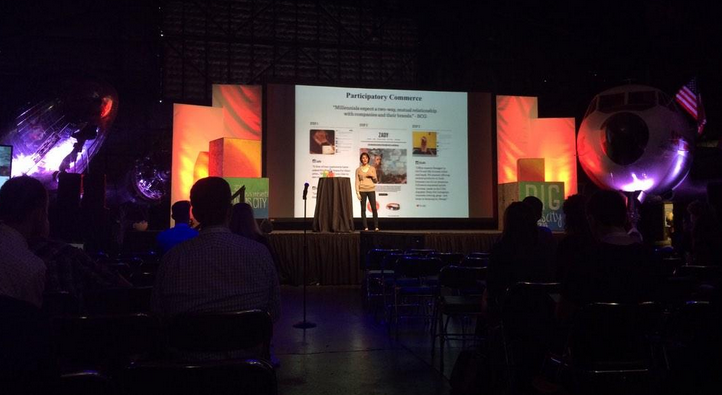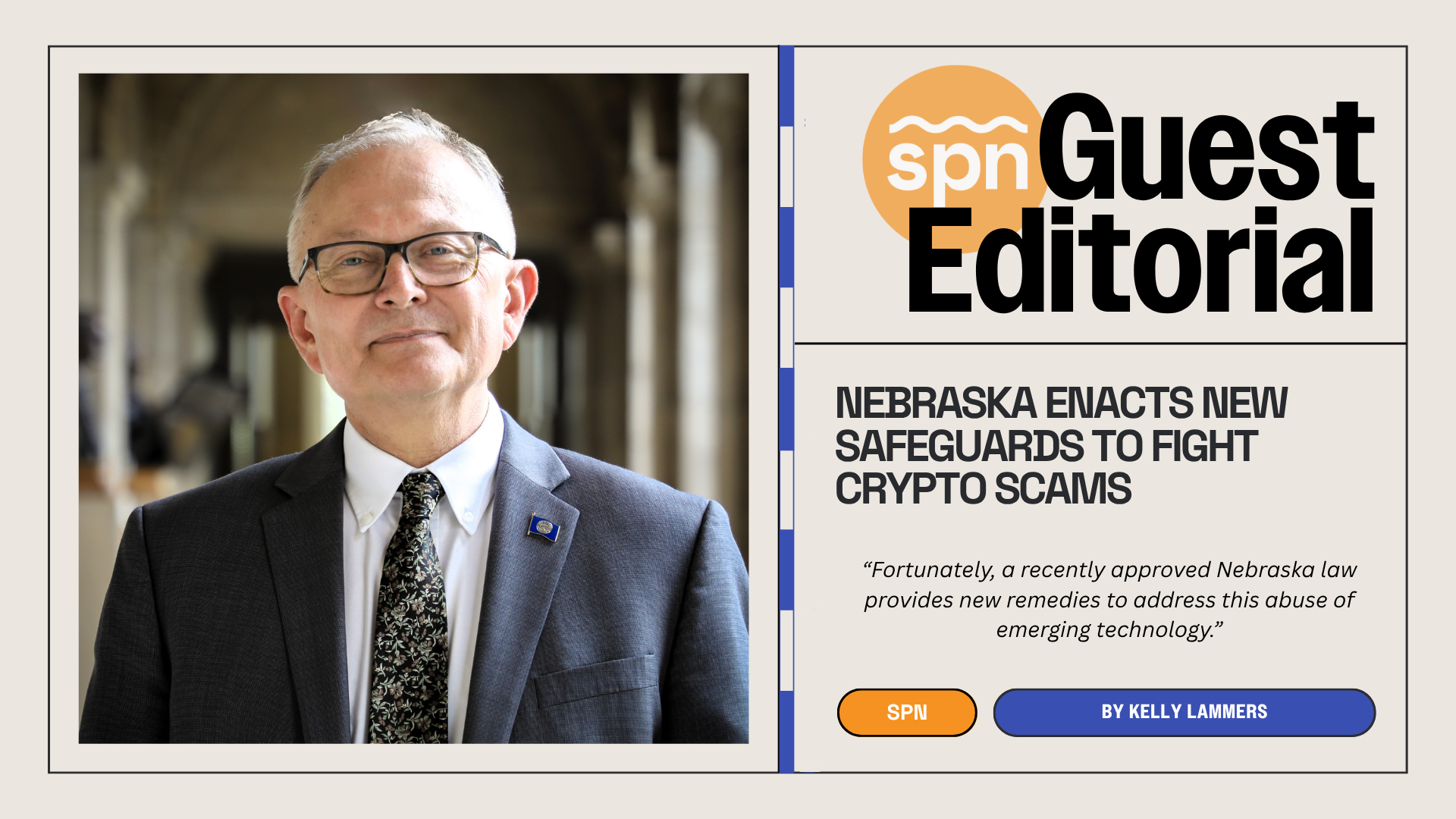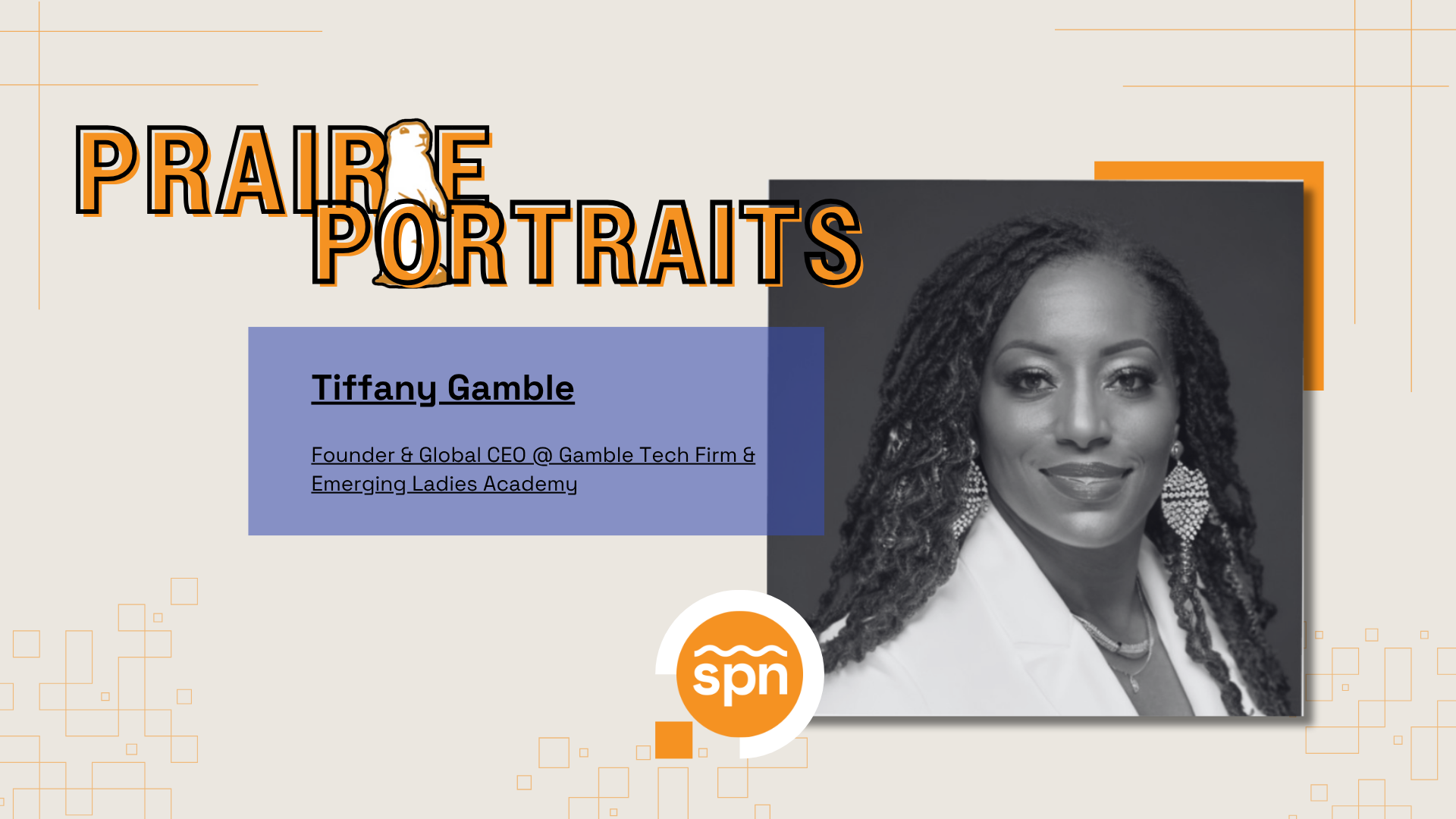![]() All of the Big Kansas City content wouldn’t be possible without Pinsight Media+. They’re a pioneer in mobile media with deep entrepreneurial roots. Their team brings leadership, experience and global awareness to Kansas City’s booming startup community. To learn more or talk with our friends at Pinsight, email Serge Bushman, sbushman@pinsightmedia.com.
All of the Big Kansas City content wouldn’t be possible without Pinsight Media+. They’re a pioneer in mobile media with deep entrepreneurial roots. Their team brings leadership, experience and global awareness to Kansas City’s booming startup community. To learn more or talk with our friends at Pinsight, email Serge Bushman, sbushman@pinsightmedia.com.
Picture this age-old stereotype: a woman rummages through her closet overflowing with clothes, then claims she has absolutely nothing to wear.
When Zady co-founder Maxine Bedat found herself in this scenario time after time, she recognized a real problem, one directly related to the popular fast-fashion industry.
“I remember walking into an H&M store and being shocked that I could buy an entire outfit for the price of a happy meal. It became an addictive process,” Bedat said. “Later, I was living in New York City in a tiny apartment with a tiny closet full of clothes, but everything I bought didn’t survive more than three cycles in the wash. I ended up hauling bags of clothes to charity stores, buying more cheap outfits, and the cycle continued.”
“After a certain point, I thought, ‘Okay, this shirt was really cheap, but what is its value? What’s the quality? What is it made of and where did it come from? What’s the impact on the environment? And where can I find all this information quickly and easily?’”
With Zady, a digital company focused on sustainable sourcing to provide high-quality men’s and women’s clothing and accessories, Bedat sought to answer those questions—for herself and consumers everywhere—and offer an alternative to disposable fashion.
Her research shows that most of the clothing given to charity ends up in landfills and can take up to 40 years to decompose. In her opinion, that reality combined with a generation lacking sewing machines or knowledge about the origins of their clothing resulted in a disconnect between clothing and consumers.
It also seemed like a ripe opportunity for change.
“Many other sectors and industries have already advanced in terms of bringing transparency to production, but nobody had done it yet for clothing,” Bedat said. “People are changing. They’re no longer interested in mystery meat from McDonald’s; they want to stand in line for Chipotle or go to Whole Foods. There’s been a shift from mystery to a desire for a sense of connection and knowledge.”
Zady is focused on three things: storytelling, a transparent supply chain and communicating with, not at, customers.
Every product page includes info about the product founders, such as why they wanted to create it and where it comes from. The core of company values—that products are locally sourced, USA and handmade, environmentally conscious, high quality—are clearly outlined.
“We do this not because we like writing, but because storytelling is central to what we do. We’re building an emotional connection to our customers through these stories. Our criteria are our values, and we list these to educate our community and build trust, on our website and our packaging.”
Online maps offer transparent info related to the supply chain for products, and social media sites show behind-the-scenes looks at Zady and create two-way communication.
Although Bedat says it’s been an exciting first year for the company, which launched in August 2013, the team has certainly faced lots of challenges.
She noted four things to the Big Kansas City crowd about what she wished someone had told her before starting a company:
1. There isn’t a single face of entrepreneurship.
“While launching Zady, I had this idea from media and popular culture that entrepreneurs are a certain gender or style, and I didn’t fit in with that. By looking at other founders, I realized there are many different faces within the startup world, and all can be effective.”
2. You must be 100 percent committed to the things you believe in.
“Before any success with Zady, people doubted us. But since we knew what we really cared about, it was easier to filter out the naysayers.”
3. That being said, be 110 percent OK with changing everything else outside of what you’re committed to.
“We originally thought we would be a drop-ship company, and that didn’t work out, so slowly we evolved into what we are today. But that wouldn’t have worked if we were stubborn about that initial vision.”
4. Opportunities don’t come to you, you make them.
“I used to be hesitant or nervous about asking advice from other entrepreneurs. I finally forced myself to just do it, and then I developed valuable relationships and strategies that were really important for the company. But I had to go through the process of being a little uncomfortable first, and being the one to open doors.”
Now, Zady launches new products every week and remains focused on developing partnerships. Bedat said the values she learned growing up in the Midwest—hard work, integrity and caring for other people—are at the root of the company and serve as great values for entrepreneurs anywhere.
Credits: Photo by Luke Wade.





